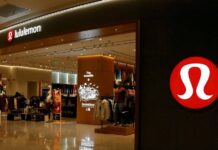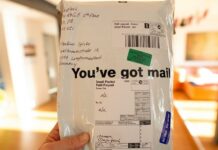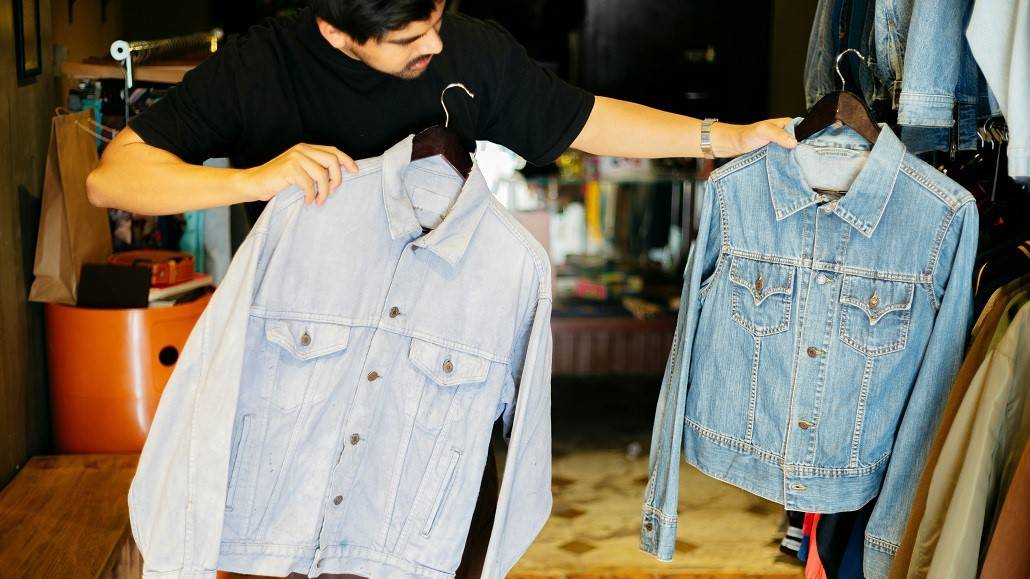The rise of counterfeit clothing and accessories presents a formidable challenge in the textile and apparel industry, with recent data indicating a significant increase in acceptance among younger consumers.
The appeal of imitation products is prominently showcased on social media platforms such as TikTok, where the #dupe hashtag has garnered over 6 billion views. This trend underscores a shift in attitudes, with nearly half of European consumers aged 15 to 24 expressing no qualms about purchasing counterfeit merchandise.
According to a report by the OECD and EUIPO, the trade in counterfeit goods skyrocketed to approximately $467 billion in 2021, representing 2.3% of total global imports. This illegal market not only jeopardizes legitimate businesses but also raises serious concerns regarding consumer safety and economic stability.
Exploitation lies at the core of the counterfeit fashion industry. Unregulated production facilities are frequently associated with grave human rights violations, including forced labor, child labor, and human trafficking.
The United Nations Office on Drugs and Crime (UNODC) has reported a 25% rise in identified human trafficking victims in 2022 compared to levels seen before the pandemic, with children making up 38% of these victims. The persistent issue of child labor remains alarming, with an estimated 218 million children engaged in work worldwide, many of whom are involved in fashion supply chains. Counterfeiting transcends economic crimes, facilitating darker activities such as drug trafficking, arms dealing, money laundering, and human trafficking.
In response to this pressing crisis, HRH Princess Eugenie, co-founder of The Anti-Slavery Collective, has launched the “Hidden Threads: Fake Fashion – A Human Rights Scandal” campaign. This initiative aims to draw attention to the human rights abuses associated with counterfeit fashion.
Debuted during significant global events like the United Nations General Assembly (UNGA) and New York Climate Week, the campaign seeks to raise awareness and prompt action against modern slavery in the fashion industry. HRH Princess Eugenie stated: “Behind counterfeit fashion are men, women, and children coerced into making, distributing, or selling fake goods—often at great personal risk and with minimal reward. This campaign is about creating a call to action for consumers. We want people to pause and consider the origins of their fakes and the conditions under which they were produced.”
The campaign also highlights the severe counterfeit fashion human rights violations that occur in unregulated factories. To further promote awareness and generate solutions, The Anti-Slavery Collective teamed up with TRACIT and Entrupy for an event at Goals House in New York. The focus of this gathering was to educate attendees about the dangers of counterfeit fashion and highlight how technology and cross-sector collaborations can combat illicit trade while addressing counterfeit fashion human rights violations, which remain one of the most overlooked human rights challenges within the fashion sector.
The campaign urges governments to tackle illegal trade and enforce bans on forced labor while encouraging consumers to reflect on the ethical dimensions of their purchases. Jeff Hardy, TRACIT’s director general, commented: “Counterfeiting is not a victimless crime. It results from systemic issues driven by organized crime groups that exploit vulnerable workers while undermining legitimate businesses and costing governments billions in lost revenue. Raising awareness is crucial—and this campaign marks an essential step in reshaping public perception.”

































